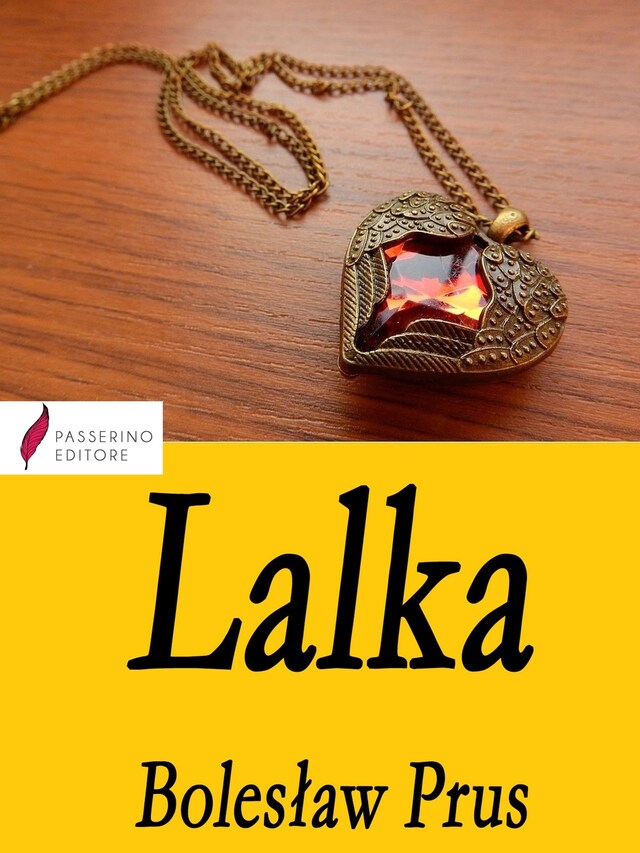
Lalka
Tietoa kirjasta
The Doll (Polish: Lalka) is the second of four acclaimed novels by the Polish writer Bolesław Prus (real name Aleksander Głowacki).
It was composed for periodical serialization in 1887–1889 and appeared in book form in 1890.
The Doll has been regarded by some, including Nobel laureate Czesław Miłosz, as the greatest Polish novel.
According to Prus biographer Zygmunt Szweykowski, it may be unique in 19th-century world literature as a comprehensive, compelling picture of an entire society. While The Doll takes its fortuitous title from a minor episode involving a stolen toy, readers commonly assume that it refers to the principal female character, the young aristocrat Izabela Łęcka. Prus had originally intended to name the book Three Generations. The Doll has been translated into twenty-eight languages, and has been produced in several film versions and as a television miniseries.
Aleksander Głowacki (20 August 1847 – 19 May 1912), better known by his pen name Bolesław Prus was a Polish novelist, a leading figure in the history of Polish literature and philosophy, as well as a distinctive voice in world literature.
Lalka - powie spoeczno-obyczajowa Bolesawa Prusa publikowana w odcinkach w latach 1887-1889 w dzienniku Kurier Codzienny", wydana w 1890 w Warszawie w wydawnictwie Gebethner i Wolff".
Bolesaw Prus, waciwie Aleksander Gowacki herbu Prus (ur. 20 sierpnia 1847 w Hrubieszowie, zm. 19 maja 1912 w Warszawie) - polski pisarz, prozaik, nowelista i publicysta okresu pozytywizmu, wspótwórca polskiego realizmu, kronikarz Warszawy, myliciel i popularyzator wiedzy, dziaacz spoeczny, propagator turystyki pieszej i rowerowej. Jeden z najwybitniejszych i najwaniejszych pisarzy w historii literatury polskiej.
 Bolesław Prus
Bolesław Prus 769 Sivua
769 Sivua